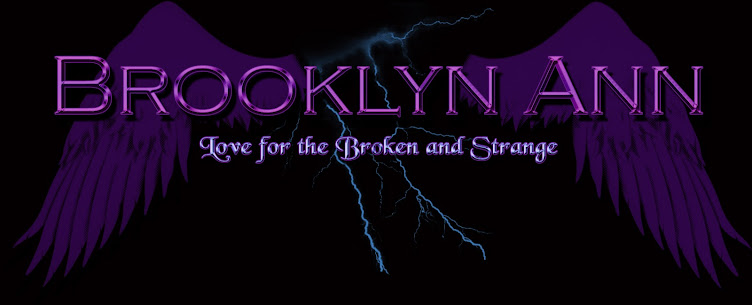Have you read a sex scene that falls flat? Forget about tension and desire, what you are feeling is more akin to boredom and distraction.
We’ve all read those scenes.
Many of us have written them too. There could be tons of reasons why this happens. It could be just lack of practice or just psychological discomfort, or something else. We are not going for psychoanalysis here. Our focus is on the end result.
It’s likely that you might get better by practicing, but I prefer a more methodical approach to learning so that results become likely rather than an accident.
Before the extreme right-brained amongst you question the validity of using methodical approach for creative things, let me assure, yes it works. Focusing only on our creativity or only on logic is an excuse people use to say “I was born that way”, but if you intend to go through life and be successful in whatever you want to do, at some point you need both creativity and logic.
We are just going to apply that principle to writing sex scenes.
What you need:
A journal and a pen. You can do this electronically, and I’m not saying it won’t work. If you are used to typing everything, it probably will work. However, I do advocate writing by hand. There is something about the physical act of putting pen on paper and getting the words out – words that are uniquely yours not just because you thought of them, but because your hand shaped them – that helps assimilate the knowledge further. It connects words to your emotions and to your mind and heart.
Answer these questions before we can move on to making your scenes sizzle.
Why is the scene there?
Does it move the story forward?
Is it there because the characters are at the stage in their relationship where sex is the only natural progression?
Is it there because you just want a bunch of sex scenes to sell the story?
This is not a judgement process. You can write them for whatever reason you wish, but it’s important to know why you are writing, because it is your why that shapes the scene.
Face Facts
Read your current scene out loud, and answer these questions:
What did you want it to be? Is it supposed to be dark and intense, fun and giggly, sweet and romantic?
Is it what you wanted it to be?
HOW TO MAKE IT SIZZLE
Get Inspired
Make a list of sex scenes you remember. Don’t cheat. Don’t Google it, or browse through your DVD shelf.
This list has to come from memory. You remember these scenes for a reason. They had impact on you. They had something special that just stayed with you.
For example, I immediately think of:
Matrix, the scene between Neo and Trinity during the celebration in Zion
Buffy and Spike
Shakespeare in Love, the first sex scene which is romantic in every sense of the word, with sonnet recitals included
Titanic – for its innocence
From books, first time between Jaenell and Daemon in Black Jewels Trilogy by Anne Bishop
Scenes between Eve and Rourke in the “In Death” series by J. D. Robb
I must have seen and read hundreds, possibly thousands of sex scenes but in this ten seconds, I thought of only a handful. Because these scenes had something special that connected to me.
Why do these scenes work for you? What elements appeal to you? This is not an exercise in copying other people’s work.
Shred Your Scene
Pick it apart. Every single bit of it. How many POVs? What’s the location? What is the mood you are trying to convey? Is there any dialogue? Choreography? What emotions are already there? Are there any lines that you really like? Are there any gems that you must keep? Are there any clichés that you need to get rid of?
Get Involved
You’ve just ripped apart your scene, and it’s fresh in your mind. Get your journal, and start writing.
Write about your impressions of the scene, your frustration of what’s working or what’s not. Write about good things you found. Write what you can do to fix it. You might find fragments of the actual scene seeping in, that’s okay.
The key is to write fast and absorb yourself in this scene. Let is completely take over you. Get in the zone as if you are actually there. Give your brain a chance to feel challenged. Did deeper, and gather as many ideas as possible.
Fix It
Type up your scene, with double space between each individual line, and then make a comment next to every single one of those lines as to how you can improve it.
Yes, it’s going to take time. Yes, it will be annoying and you just want to get on with it. Trust me, I know. If impatience was a skill, I would win awards. But if you do this for even two or three scenes, you will not only fix those scenes, but you will also learn where you are going wrong, and the next time you are writing sex scenes, the process will be much easier.
ACTION YOU CAN TAKE TODAY:
Pick one of your scenes that is weak, that doesn’t create the emotional response you want it to create, and take it through all the steps listed above. Don’t skimp on the work.
Dolly Garland is a fantasy writer and a founder of Kaizen Journaling, where she helps a community of Kaizen Warriors create their personalised arsenal for success. Find her on Facebook







